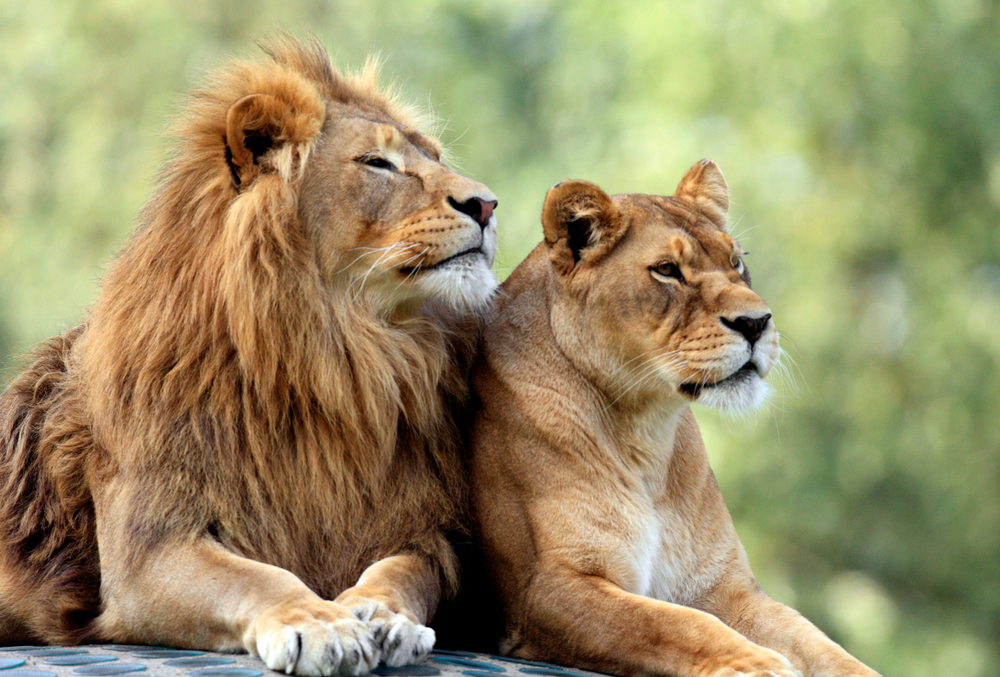CITIES need to end wildlife trade to protect animals urges World Animal Protection

World Animal Protection has called on the Convention on International Trade in Endangered Species of Wild Fauna and Flora (CITIES) to enact policies to protect the African wildlife from cruelty and exploitation.
It is estimated that about 1.6 trillion wild animals are killed and suffer through people’s actions every year. CITES data (2011-2015) shows that around 1.5 million live animals were traded as exotic pets and 1.2 million skins were legally exported. This trade also poses public health risks. About 60% of emerging infectious diseases are zoonotic and more than 70% of emerging infectious diseases are thought to originate from wildlife.
Edith Kabesiime, Wildlife campaigns manager at World Animal Protection says:“The sheer magnitude of wildlife interference is not only impacting animals, but also the people and our planet. Whether the trade is legal or illegal, it doesn’t matter. Either way, it is animal exploitation and abuse. It is for this reason that we call upon CITES Secretariat and parties to pass resolutions that protect wild animals and not those that exploit them.
The international demand for Africa’s iconic wildlife is causing millions of animals immense suffering and putting their survival at risk.
Africa grey parrots and ball pythons are captured from their natural habitats or born into captivity, to be sold into the exotic wildlife trade; a growing multibillion-dollar industry that is having a devastating impact on wildlife populations across the world.
The captive farming and killing of lions in the name of ‘entertainment’, use in unscientifically proven traditional medicine and trophies is not only cruel but also a recipe for extinction as it diminishes conservation efforts of wild population.
Although there have been challenges in wildlife protection, some progress has been made. For example,
· In 2019, Turkish airlines made a commitment to stop transporting African Grey parrots from Central Africa.
· On 2nd May 2021 – South Africa made public the high-level panel recommendations on stopping the breeding of captive lions and phasing out lion farms. Current discussions are on to legislate the recommendations into law.
· On 31st August 2021 – Ethiopian Airlines through a direct email response to World Animal Protection promised to review Wildlife transportation regulations in their cargo after the launch of ‘Cargo of Cruelty’ report which detailed how Ethiopian Airlines enables wildlife trade.
· In January 2022 – A section of media covered Kenya Airways (KQ’s) commitment to stopping transportation of monkeys and other wild animals used in scientific research. KQ’s announcement came after a truck transporting long-tailed macaque monkeys bred in a farm in Mauritius crashed in Danville, Pennsylvania, attracting criticism from animal welfare crusaders in the United States.
Despite all this progress, the only sure way to guarantee protection of wildlife is Ending wildlife trade. Forever.
While the theme for this year’s World Wildlife Day is “Recovering Key Species for Ecosystem Restoration” it is important to recognise and appreciate the fact that every single animal count and matters. Each animal has a critical role that it plays for the health of our planet and has a right to live a wild life. Any trade of wild animals is inherently cruel and puts our health and the world’s economy at risk.
It is high time that CITES parties acknowledged that wild animals are not commodities to be exploited. CITES export quotas provisions need to be completely brought to zero to end wildlife trade and protect wild animals in their habitats.
This World Wildlife Day, at individual level, World Animal Protection is urging people not to buy, own or breed a wild animal as a pet or even buy trophies and other wild animal derivatives. A life in captivity is a world away from a life in the wild. Wild animals are not commodities; they belong in the wild.





